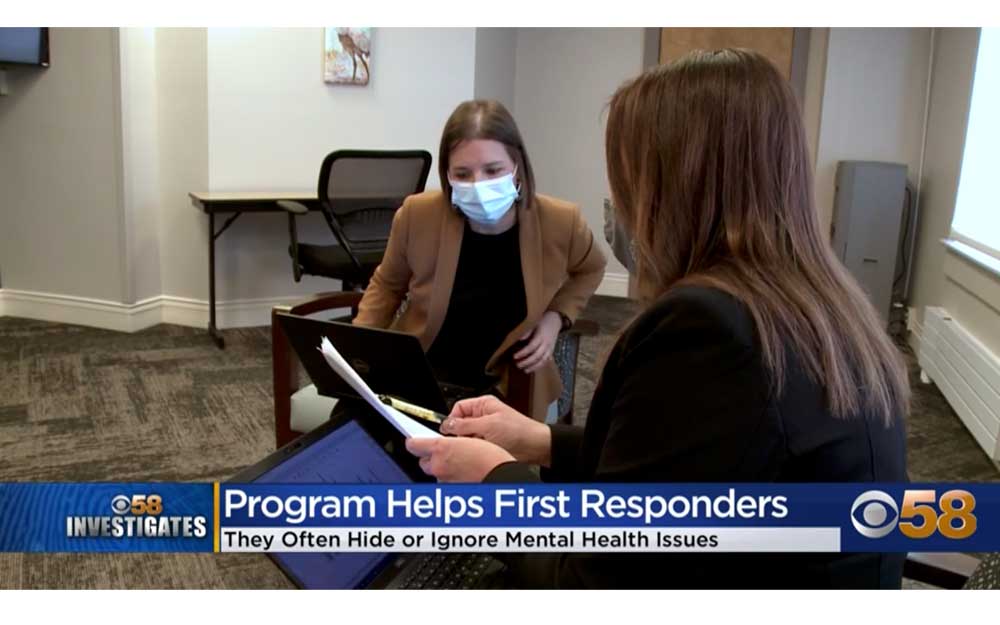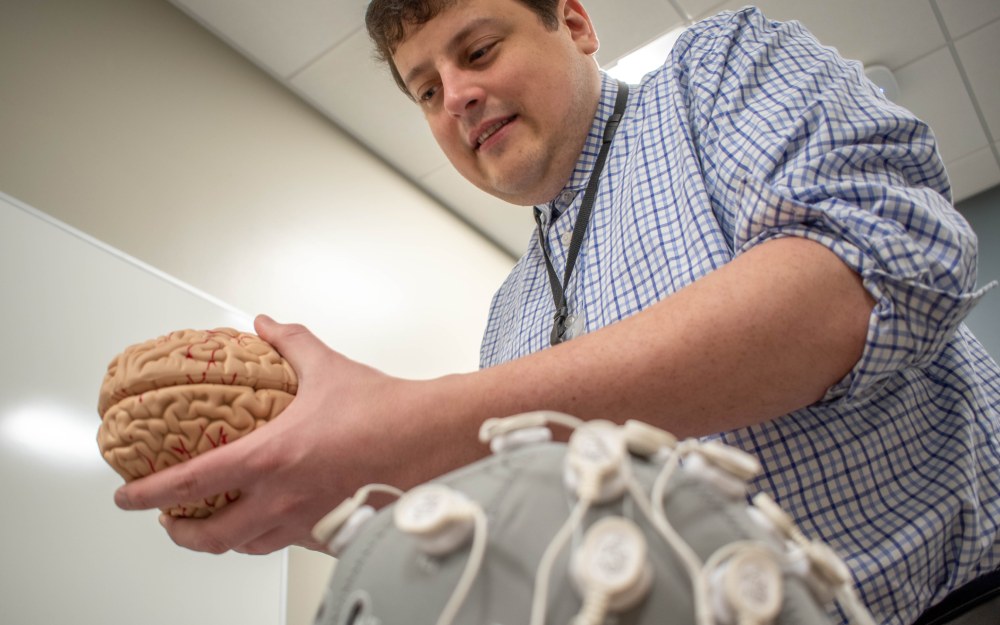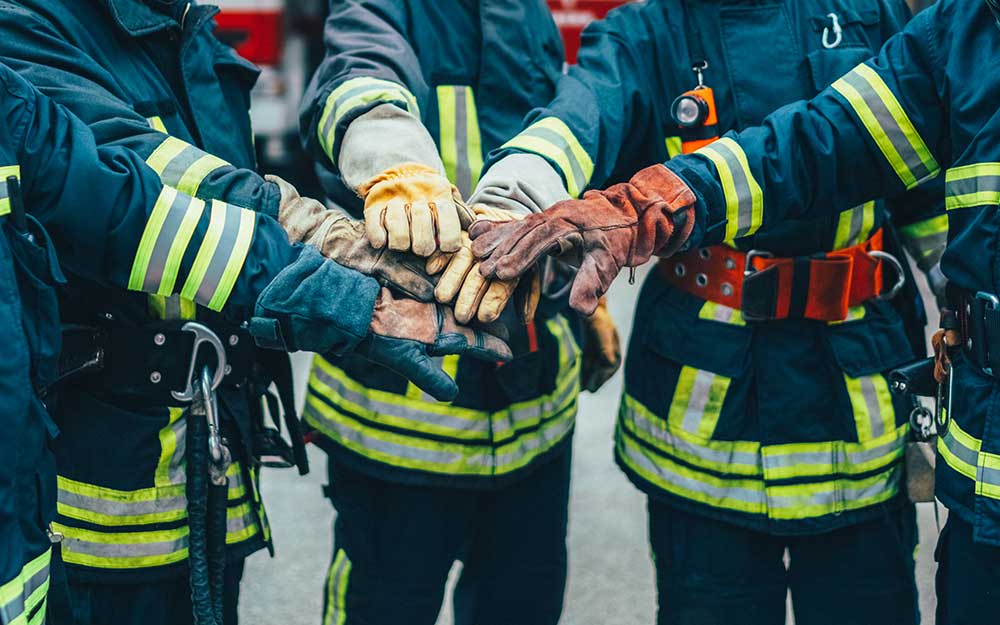
Rogers Research Center collaborates on firefighter mental health survey
05/21/21 11:35:am
To discover the impact on first responders’ mental health, the Rogers Research Center recently consulted on a survey that was completed by nearly 800 professional and volunteer fire and EMS professionals from Wisconsin.
Kelly Piacsek, PhD, vice president of Research, and Allison Lancione, MS, a clinical services supervisor at Silver Lake, recently spoke about the significance of the survey and the results with CBS58 in Milwaukee.
“The questions about suicidal ideation and self-harm among firefighters are definitely ones that we need to do more work on,” said Dr. Piacsek regarding how the survey results could result in new strategies.
To Allison, one of the takeaways from the 32-question survey was that most respondents said they would feel comfortable asking for a family member, friend, or co-worker for behavioral health assistance.
“What we know about working with firefighters is that a strong peer support network is one of the most effective ways to help them,” she told CBS58.
Other key summaries from the survey, which was developed in collaboration with the Professional Firefighters of Wisconsin Charitable Foundation, included:
- Firefighters may have a better-than-normal tolerance for anxiety, but responses indicate that they may have a higher-than-average rate of depression, compared to the general population.
- A majority of firefighters report sleep concerns, with the most common being not feeling rested after a night’s sleep and difficulty falling asleep. These sleep concerns tend to be higher in firefighters screening positive for anxiety or depression.
- Nearly half of respondents agreed with the statement that “most firefighters view being treated for behavioral health problems as a sign of personal failure or weakness.” Almost all, however, indicated that they would encourage a co-worker to seek help with behavioral health problems if they needed it. In addition, 65% reported that they would seek help for themselves if needed.
Watch the CBS58 story to learn more about the results and to hear more from Dr. Piacsek and Allison.





